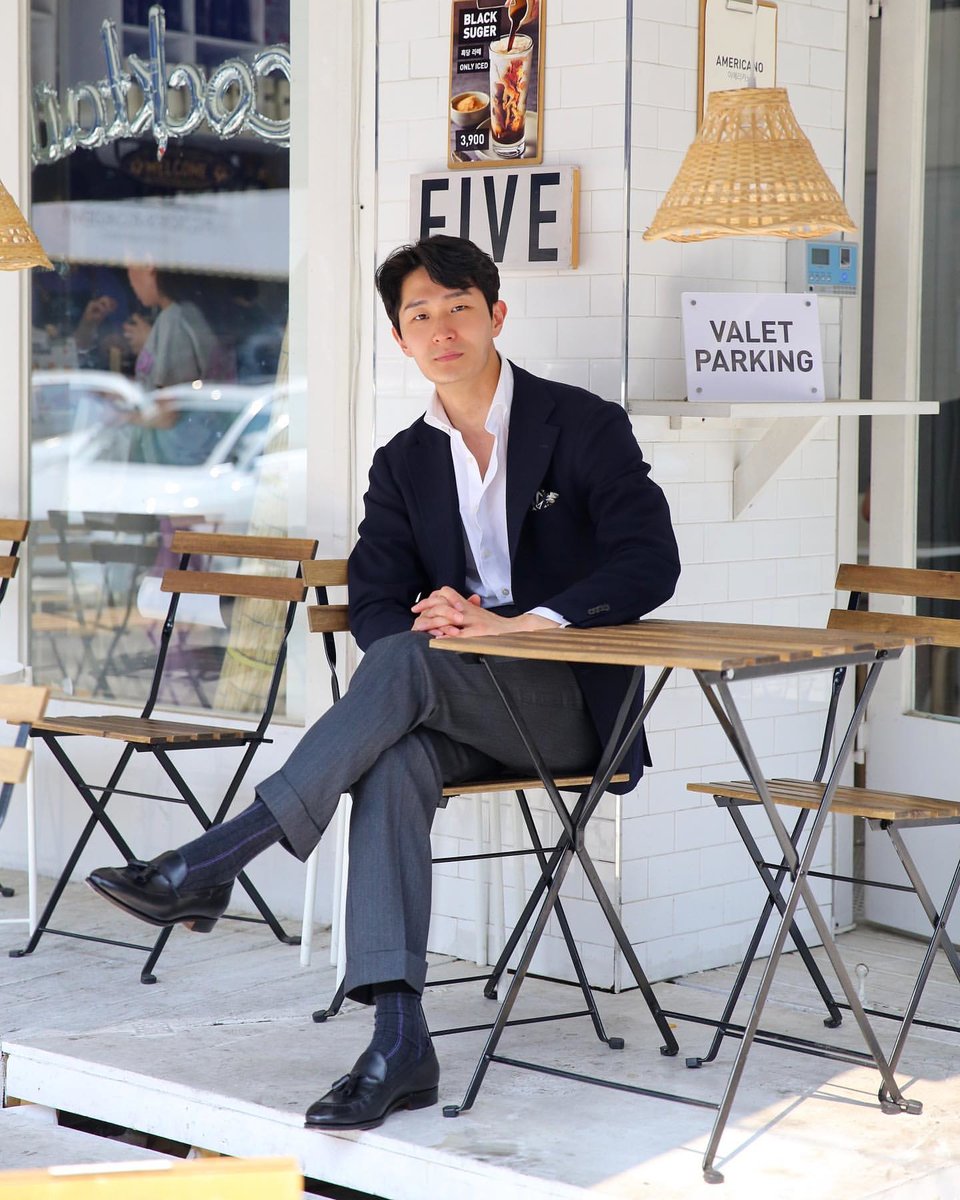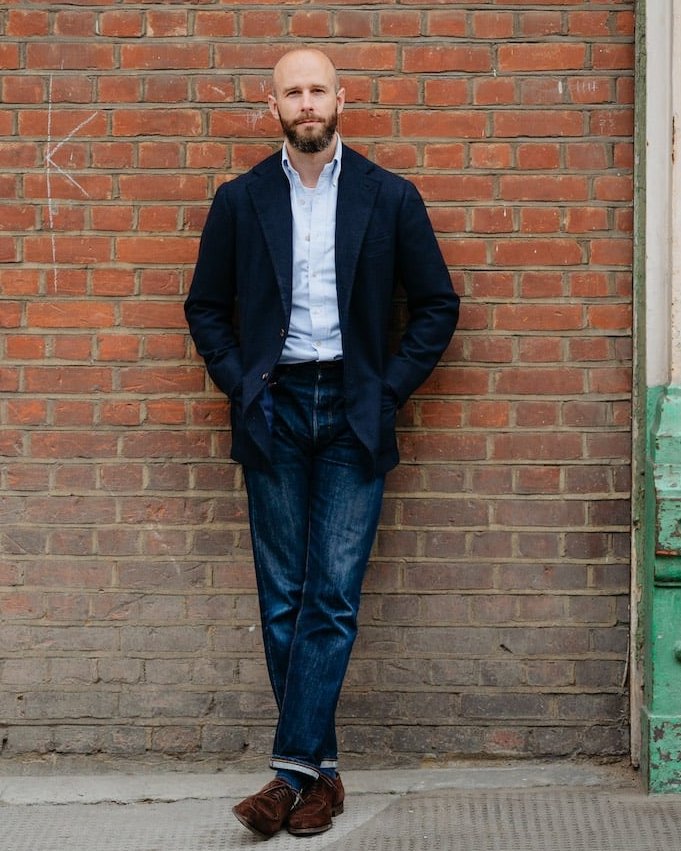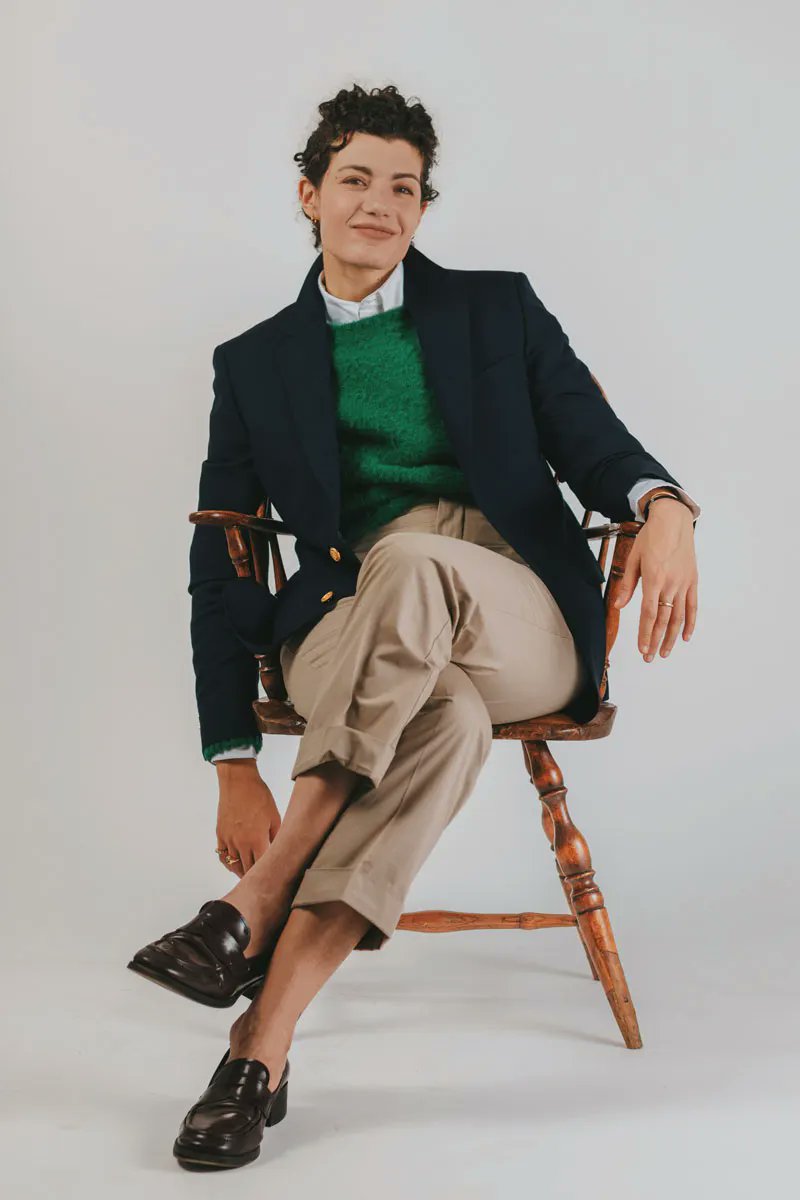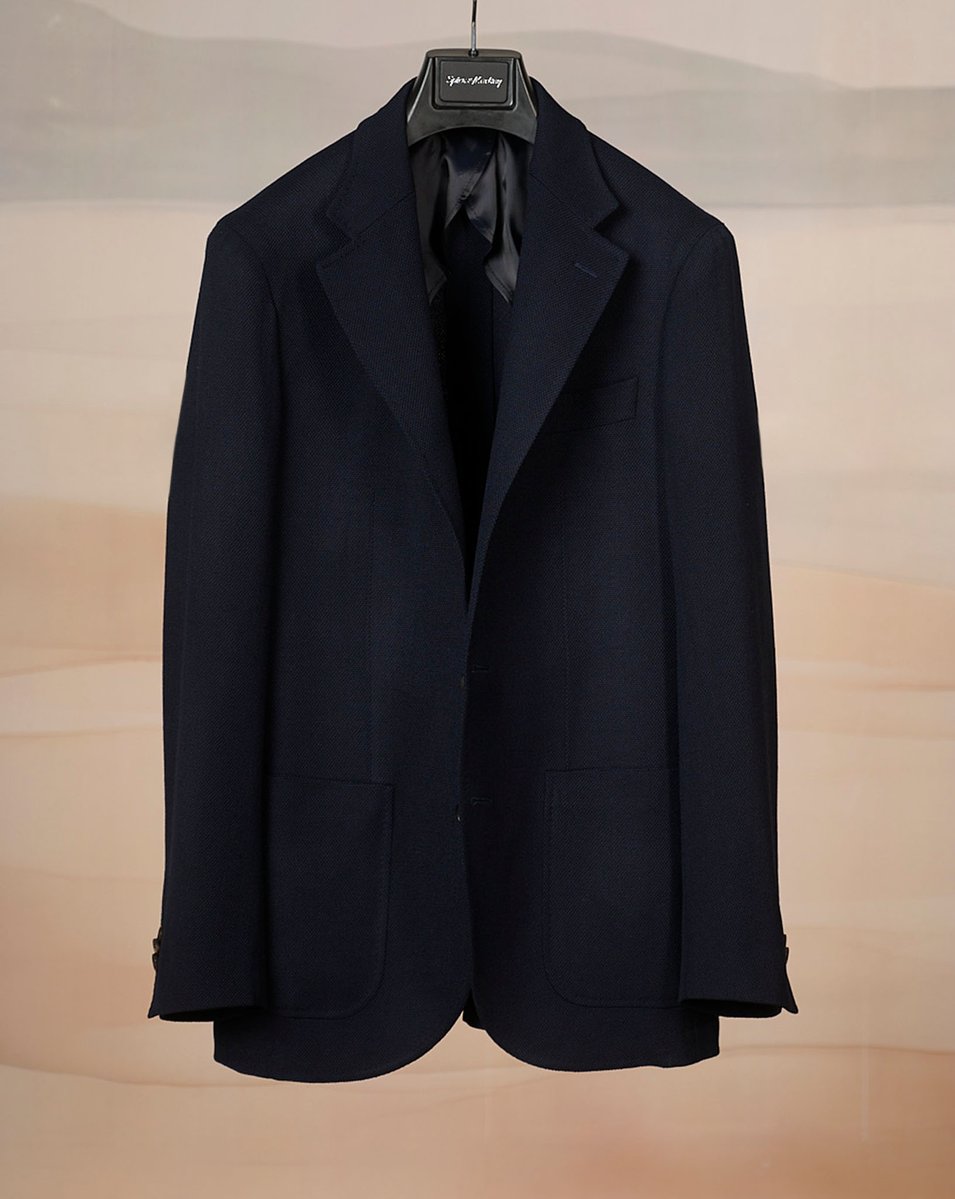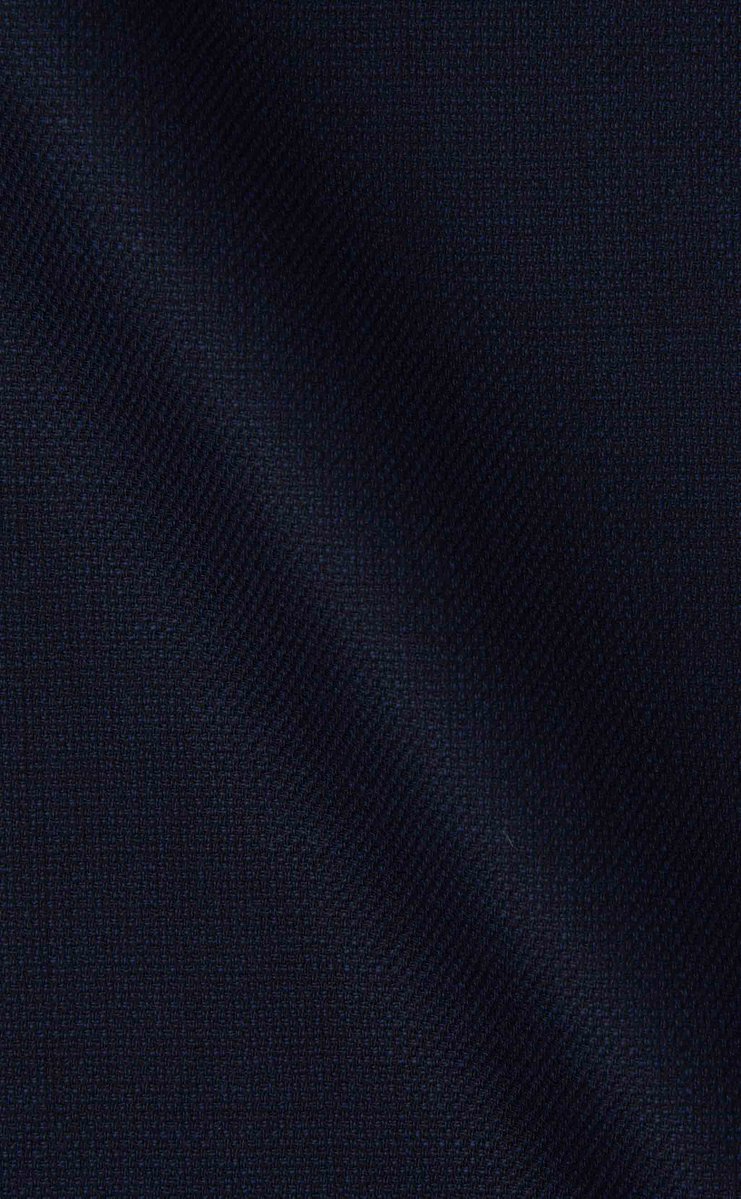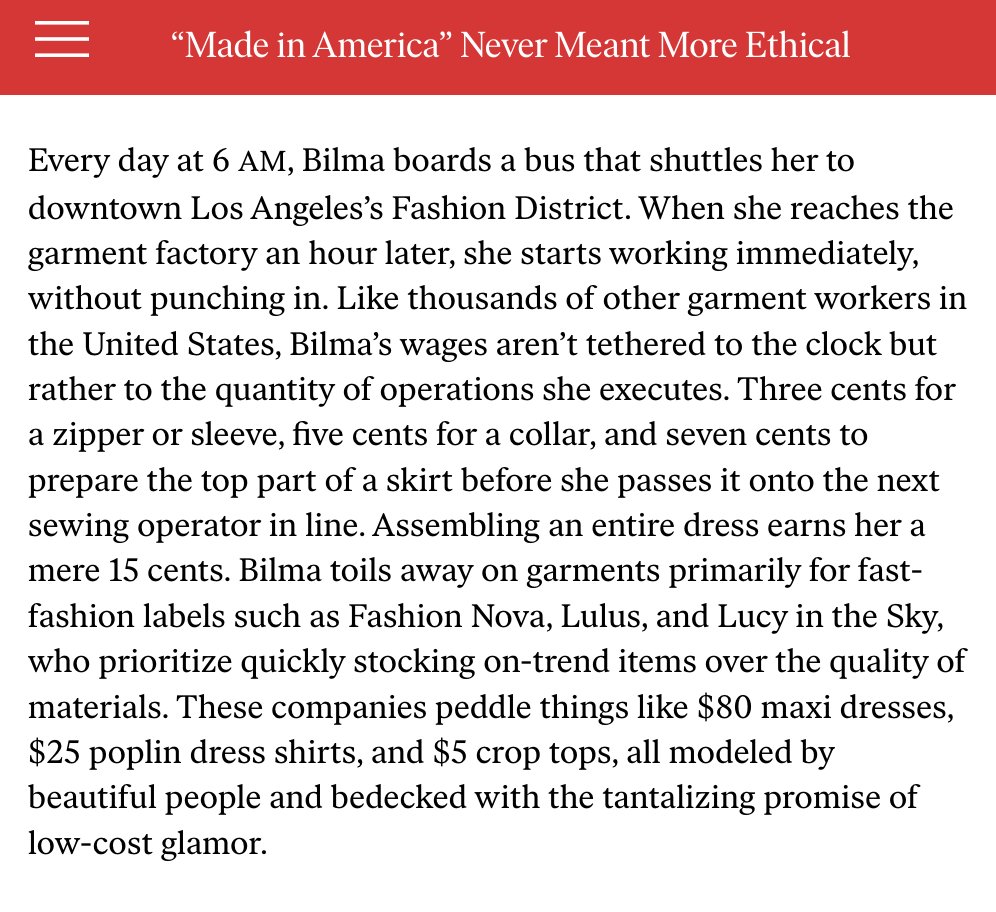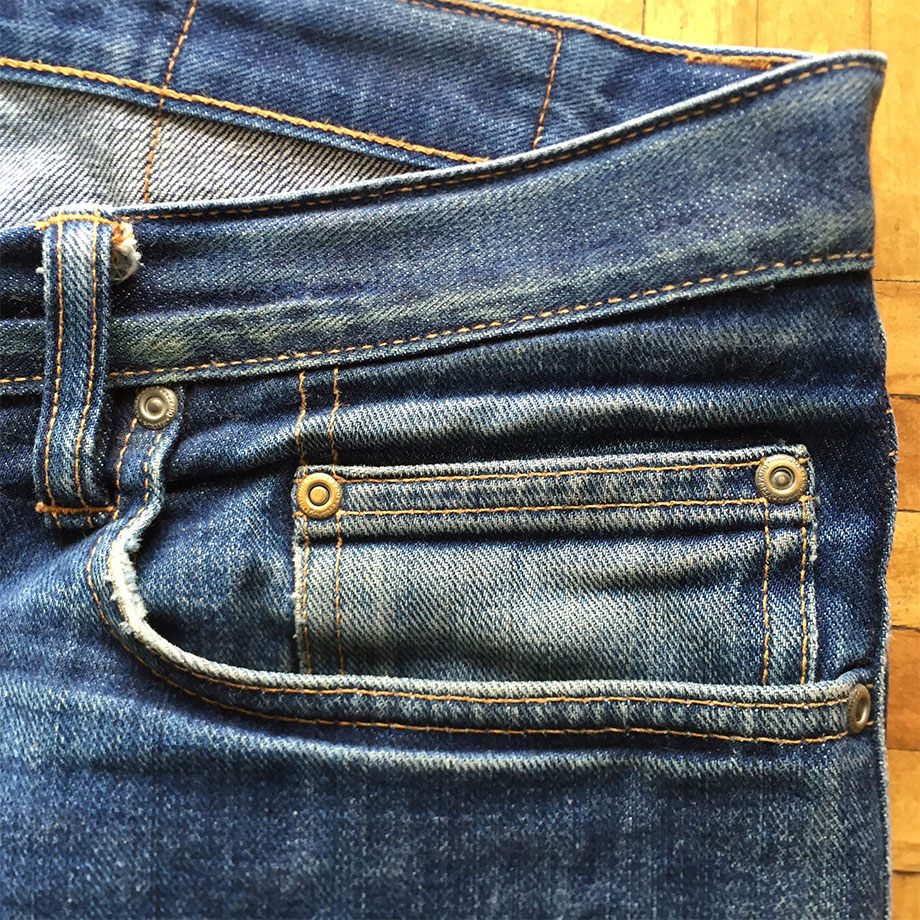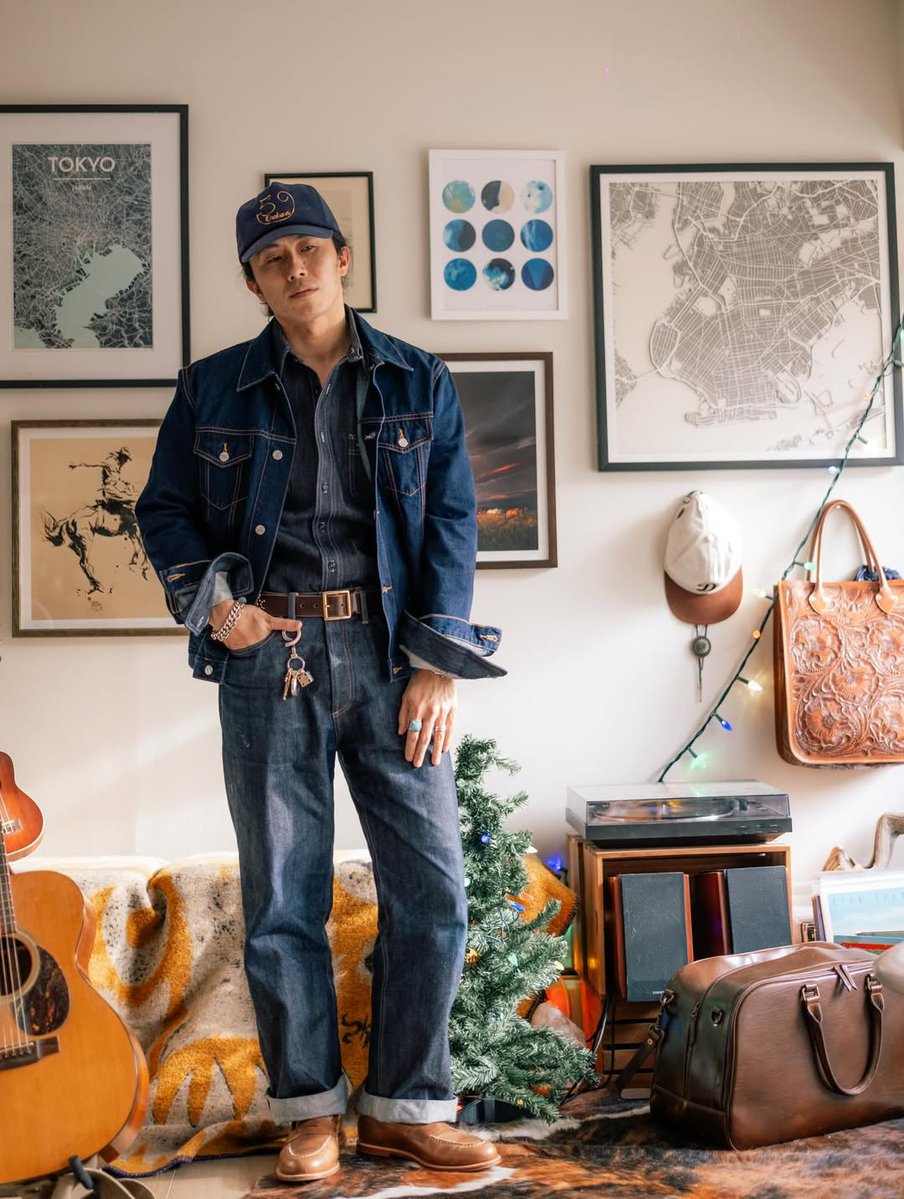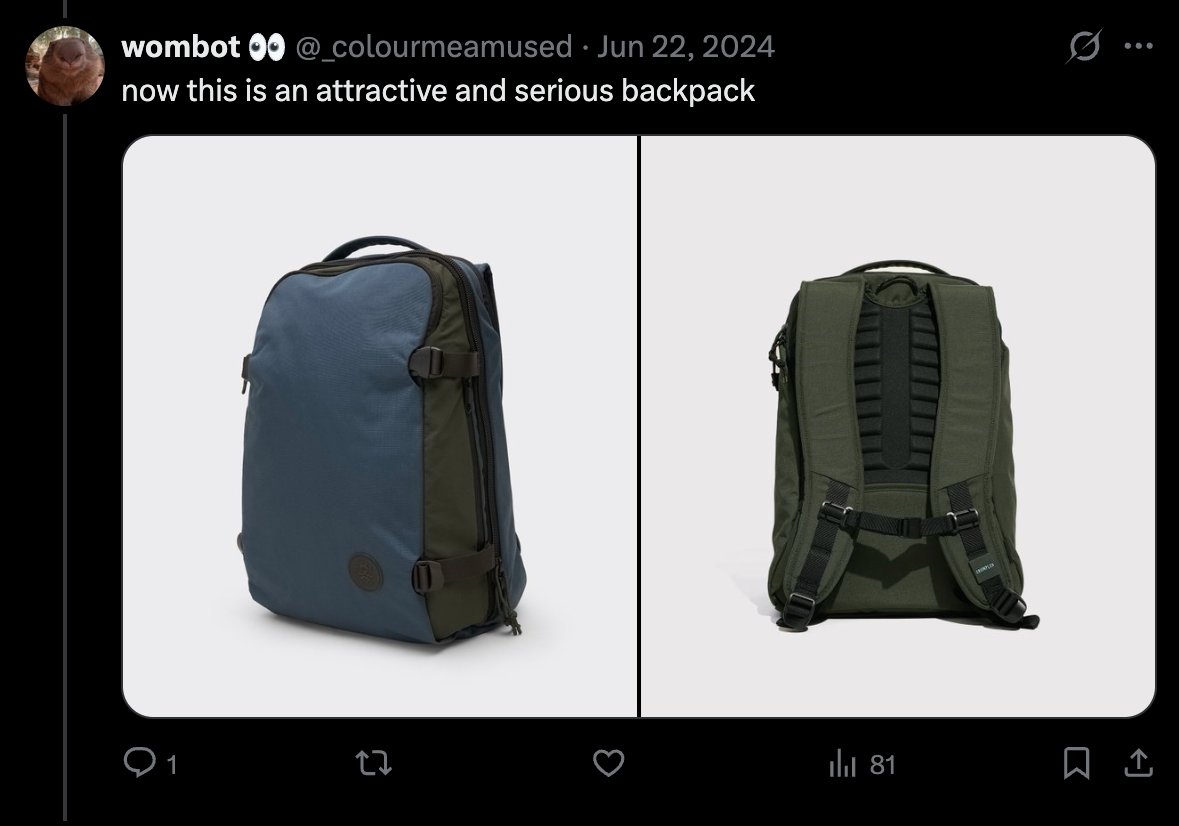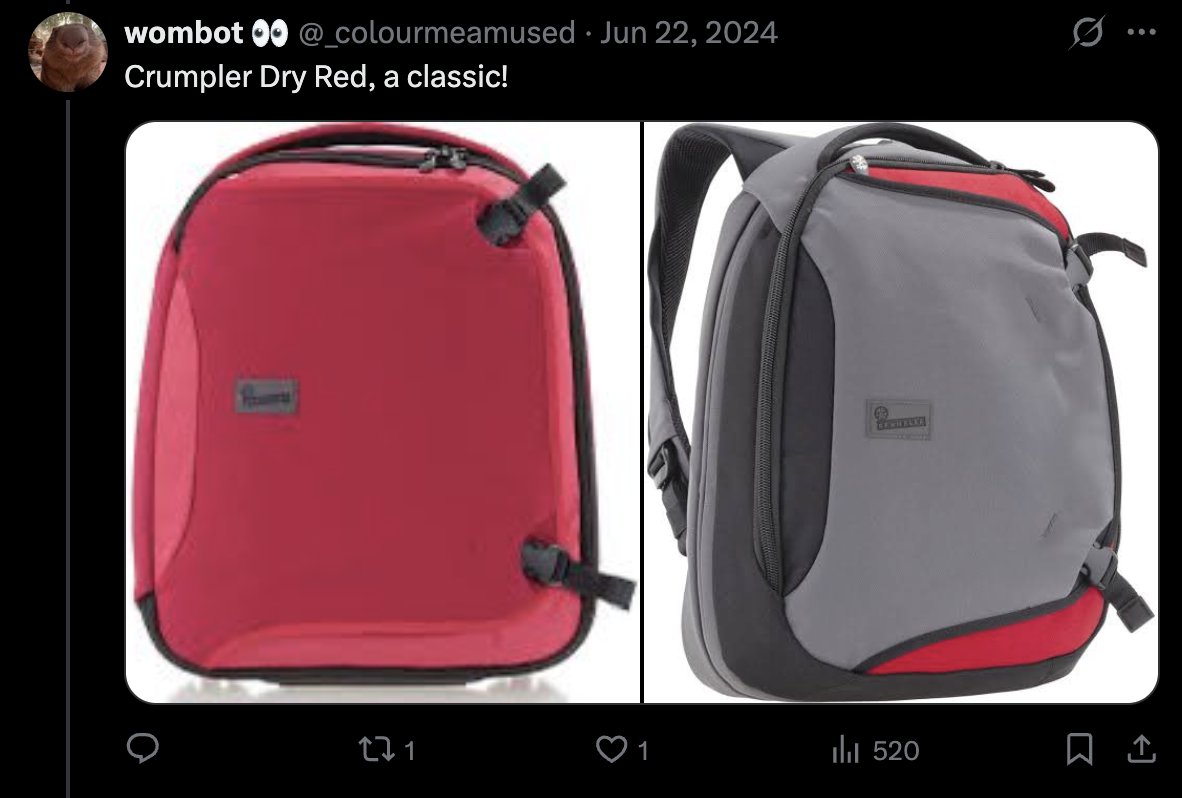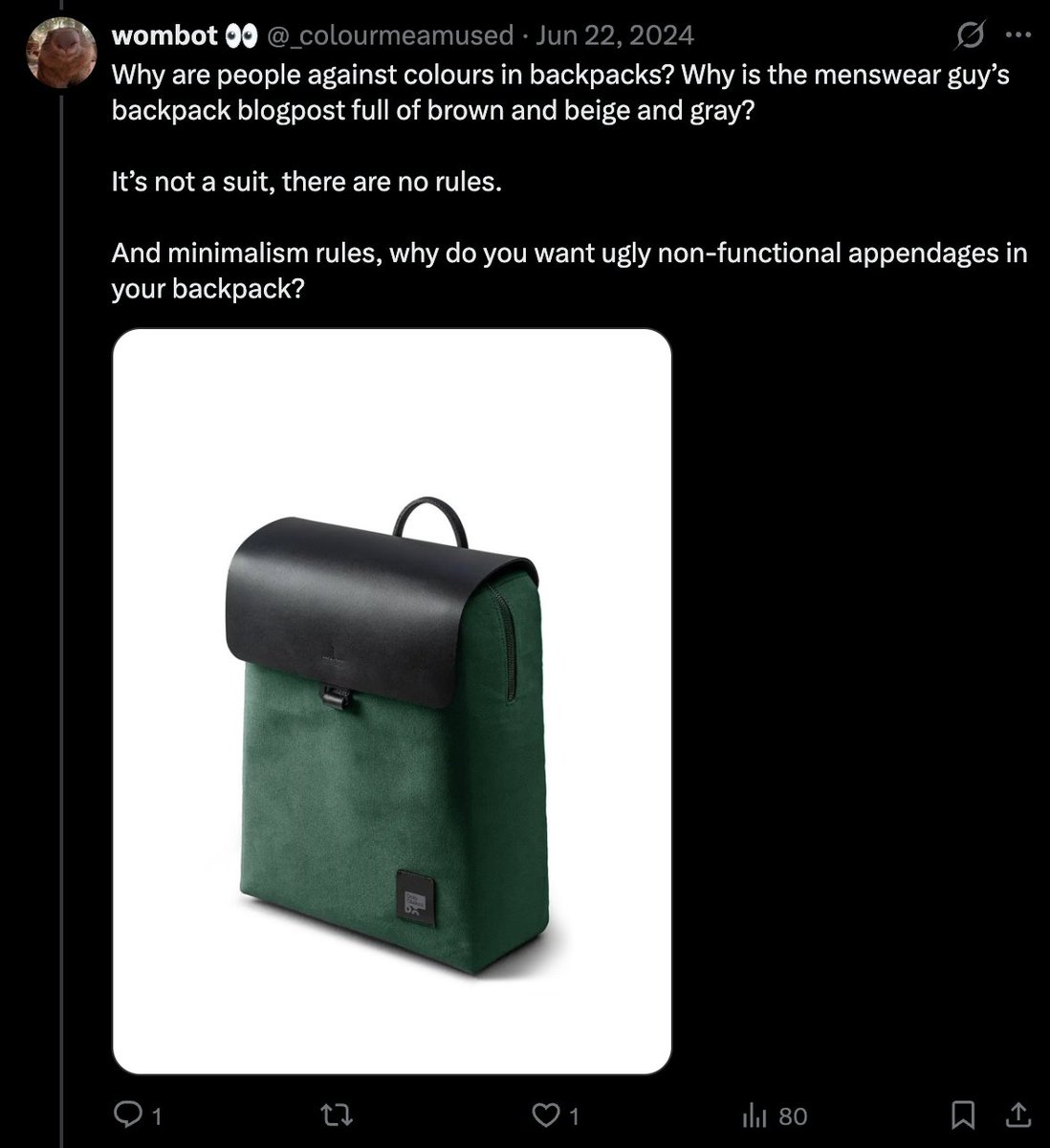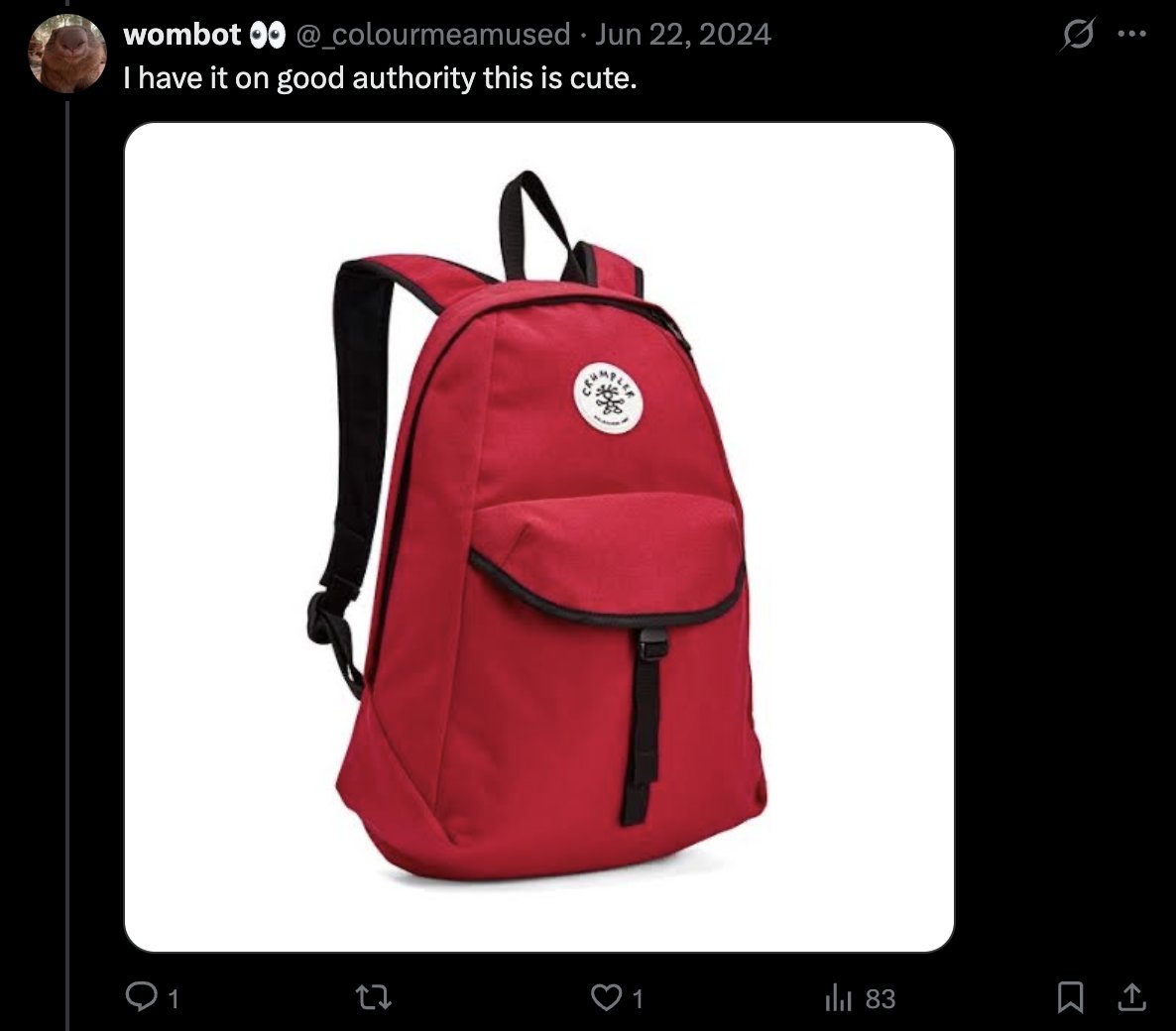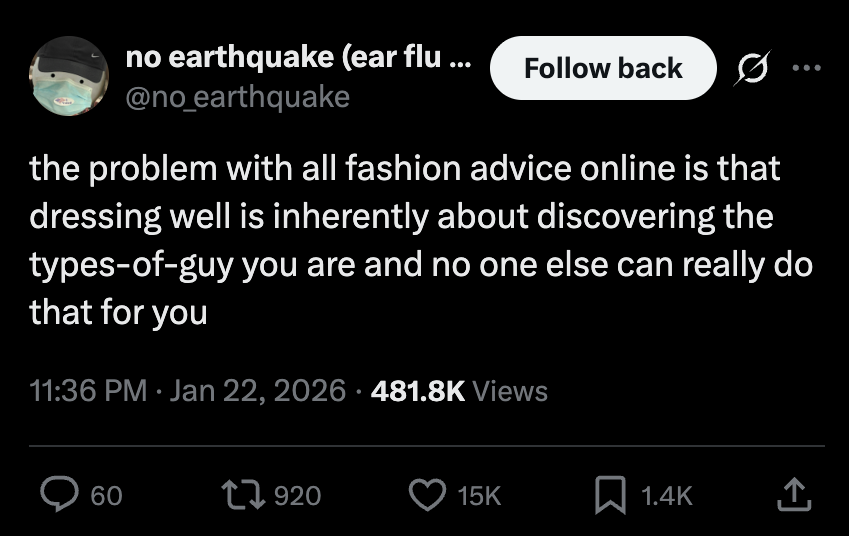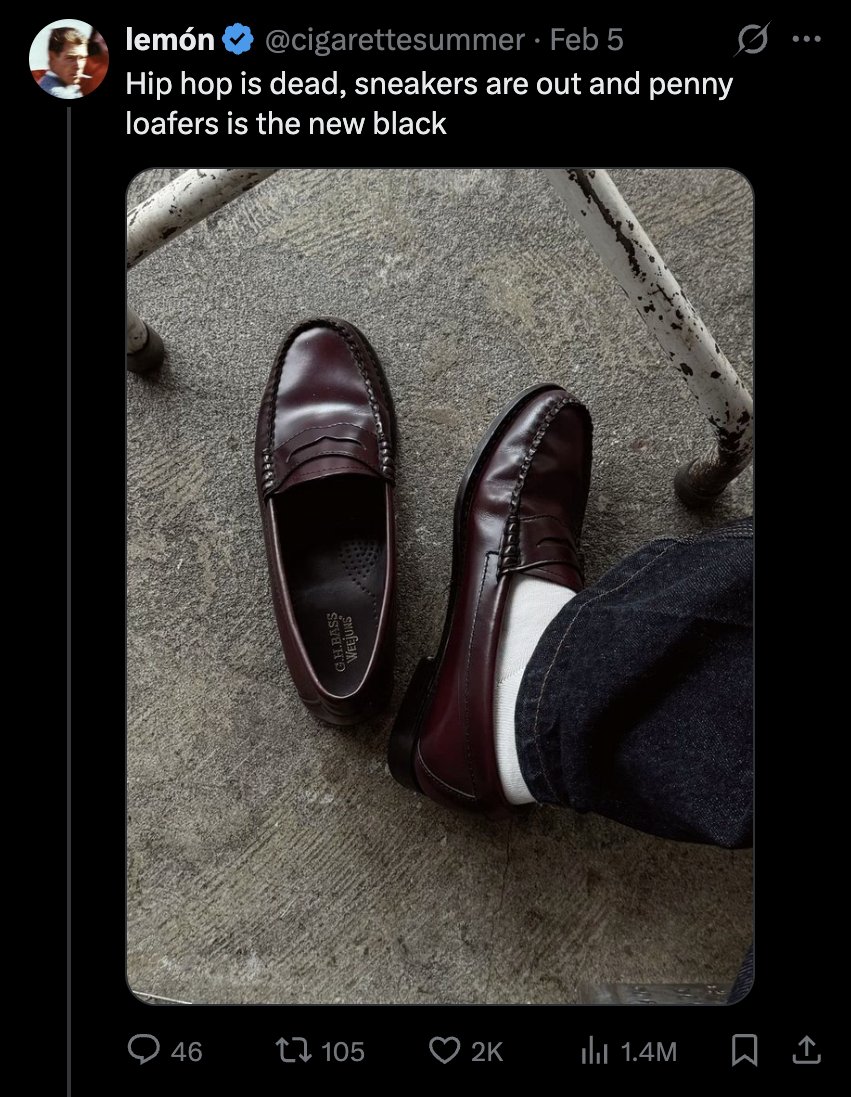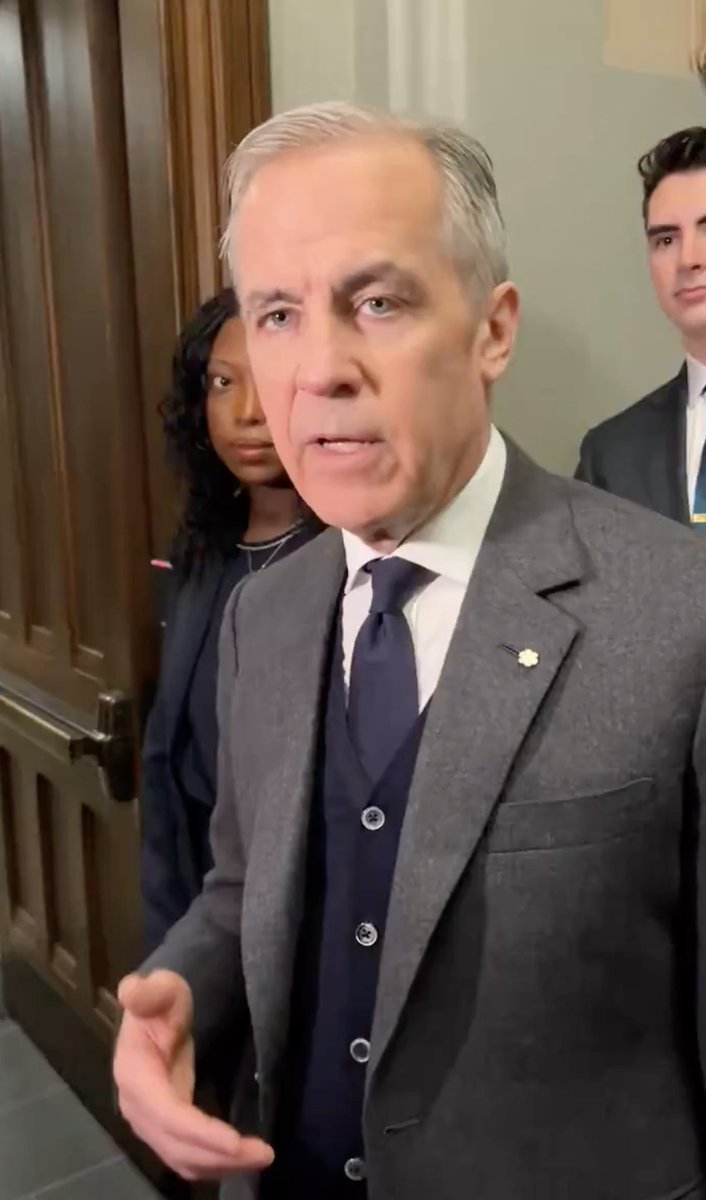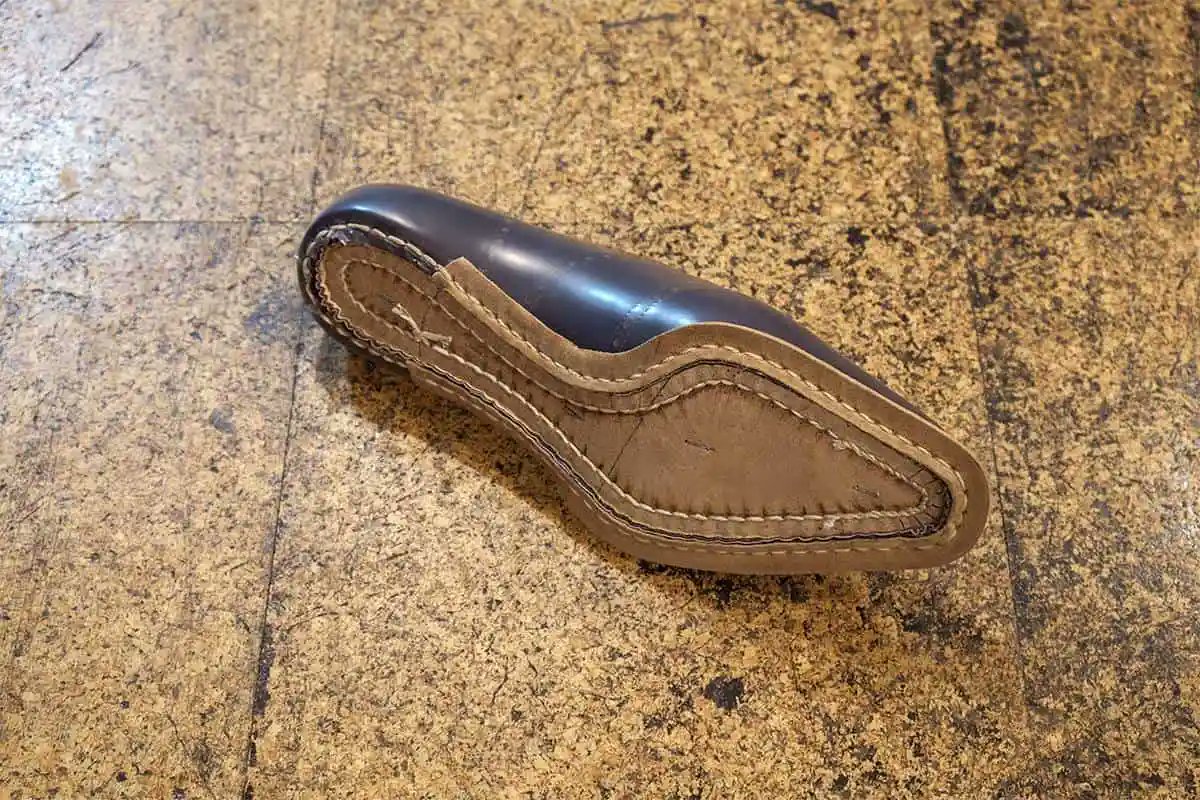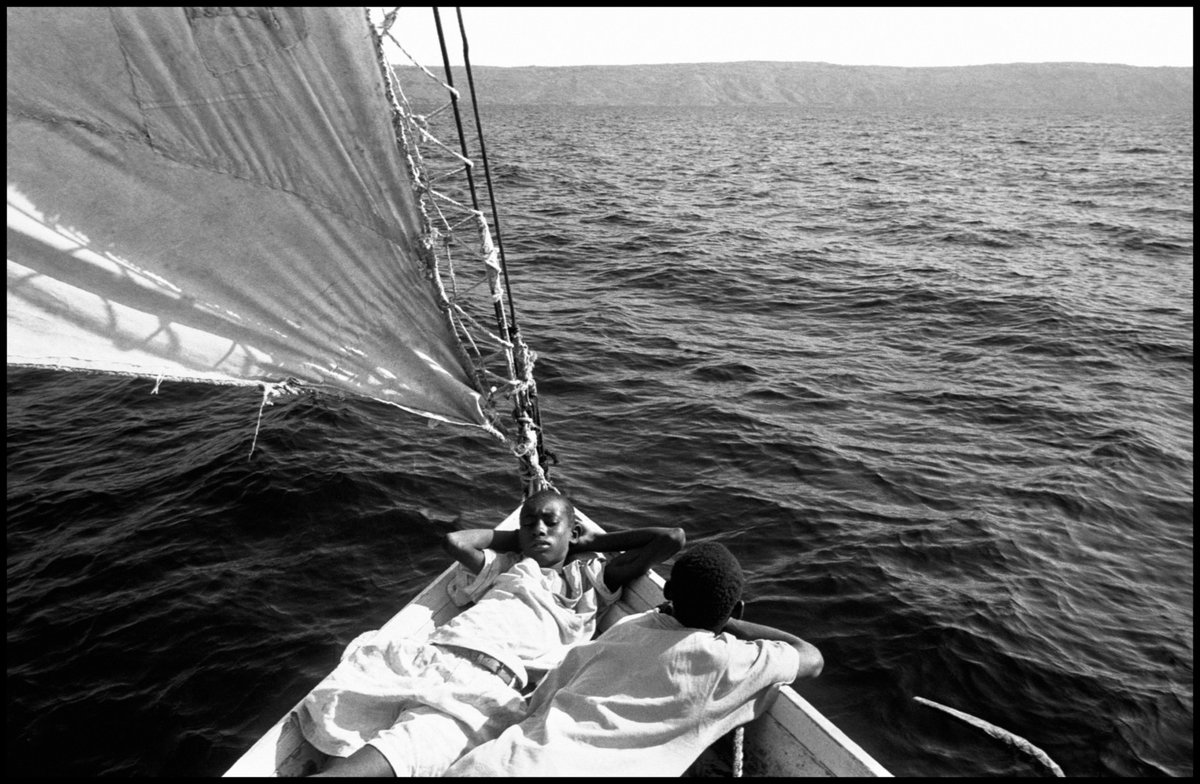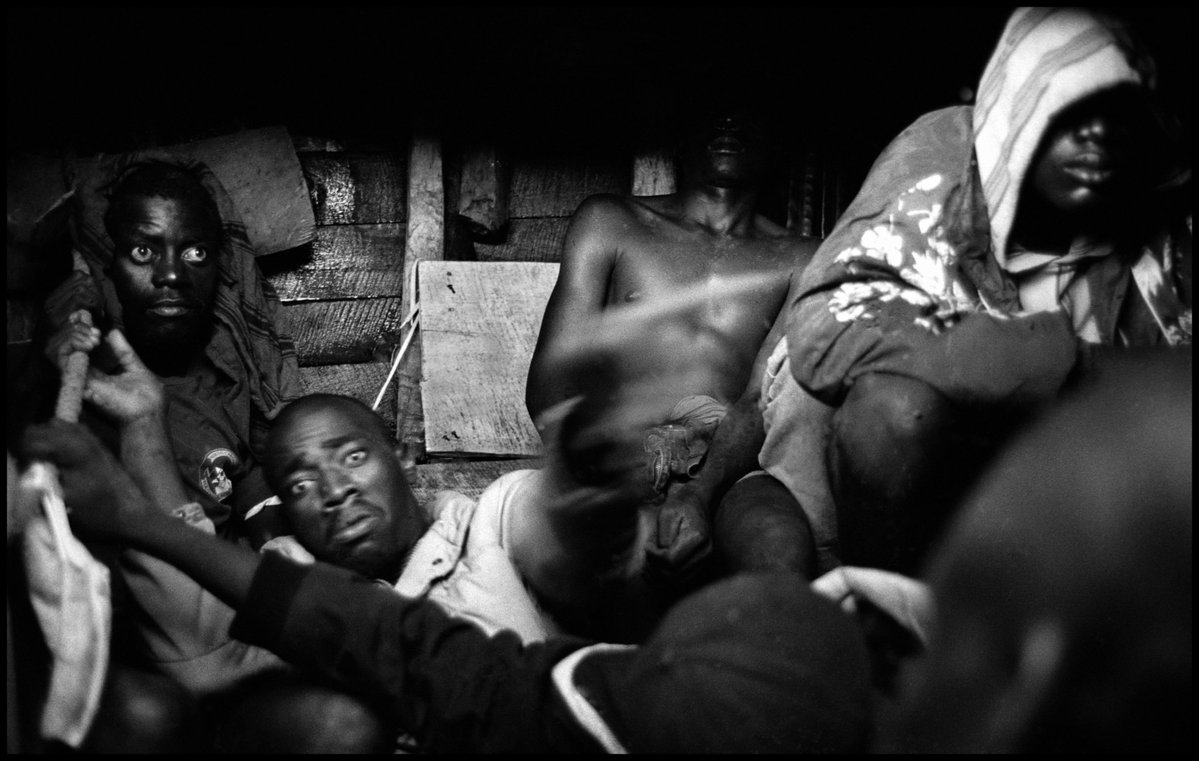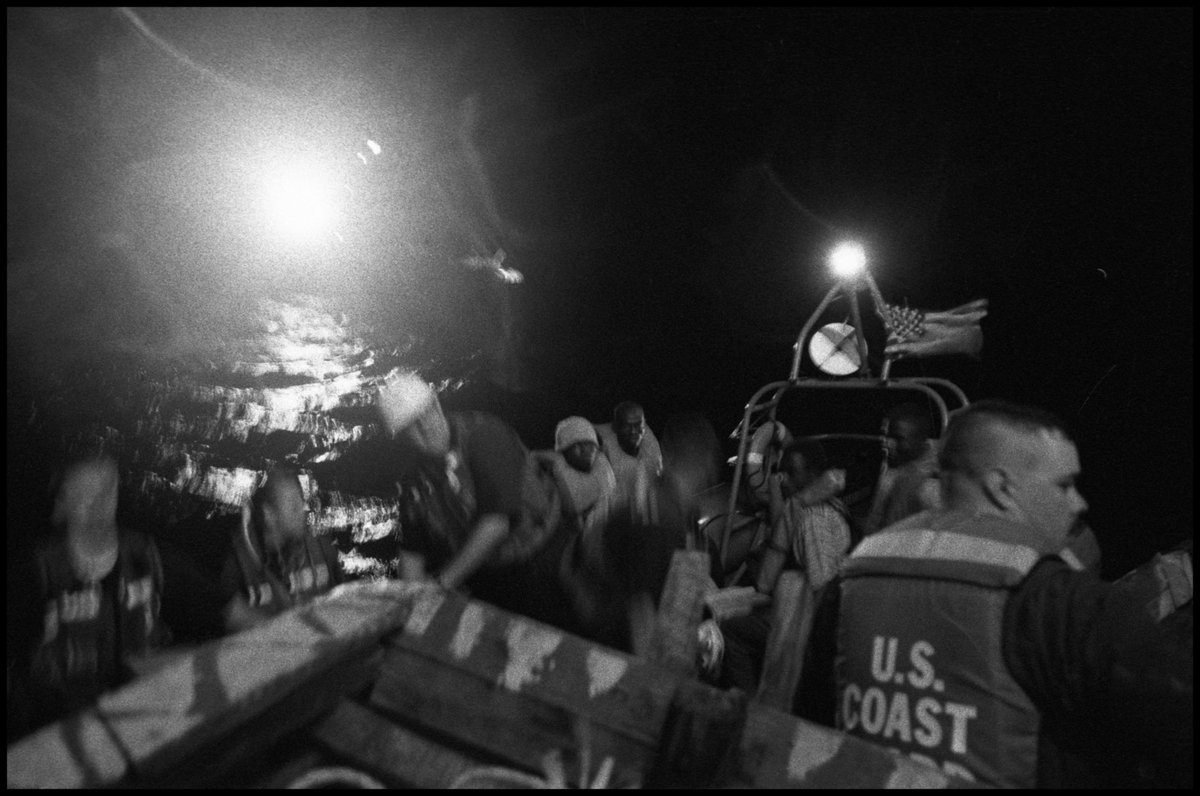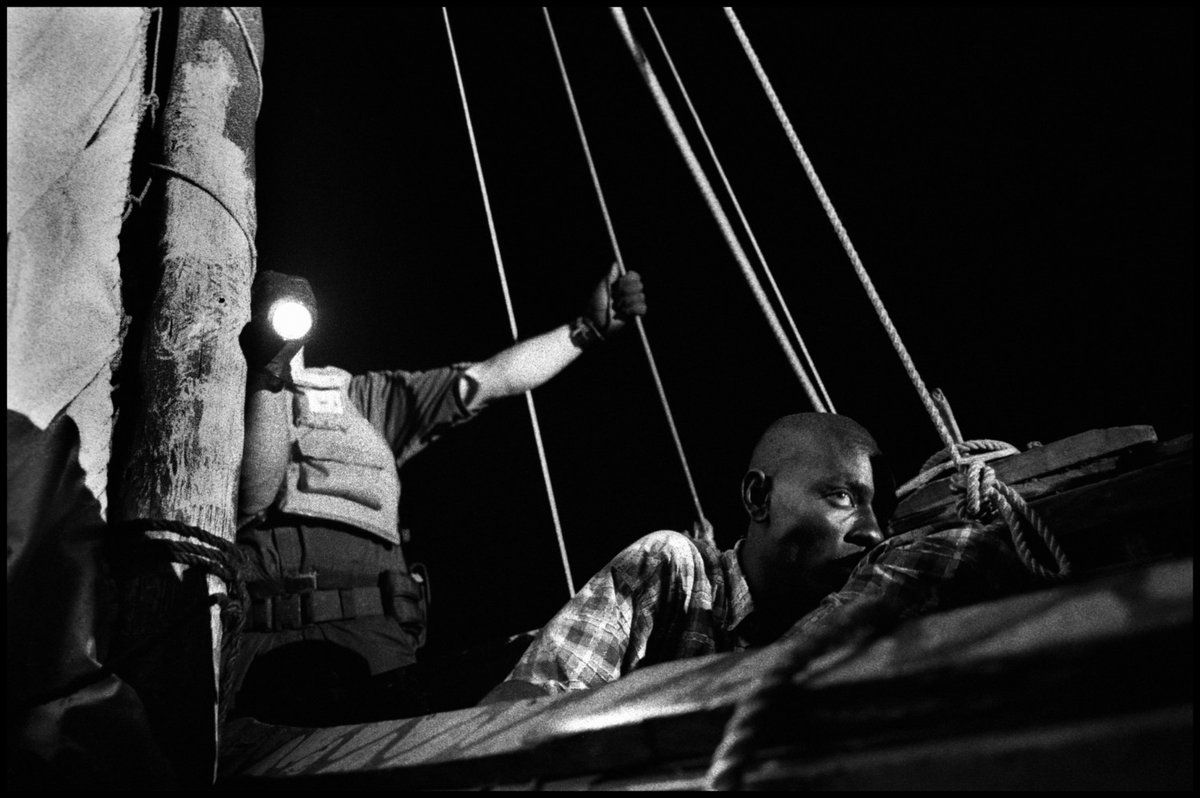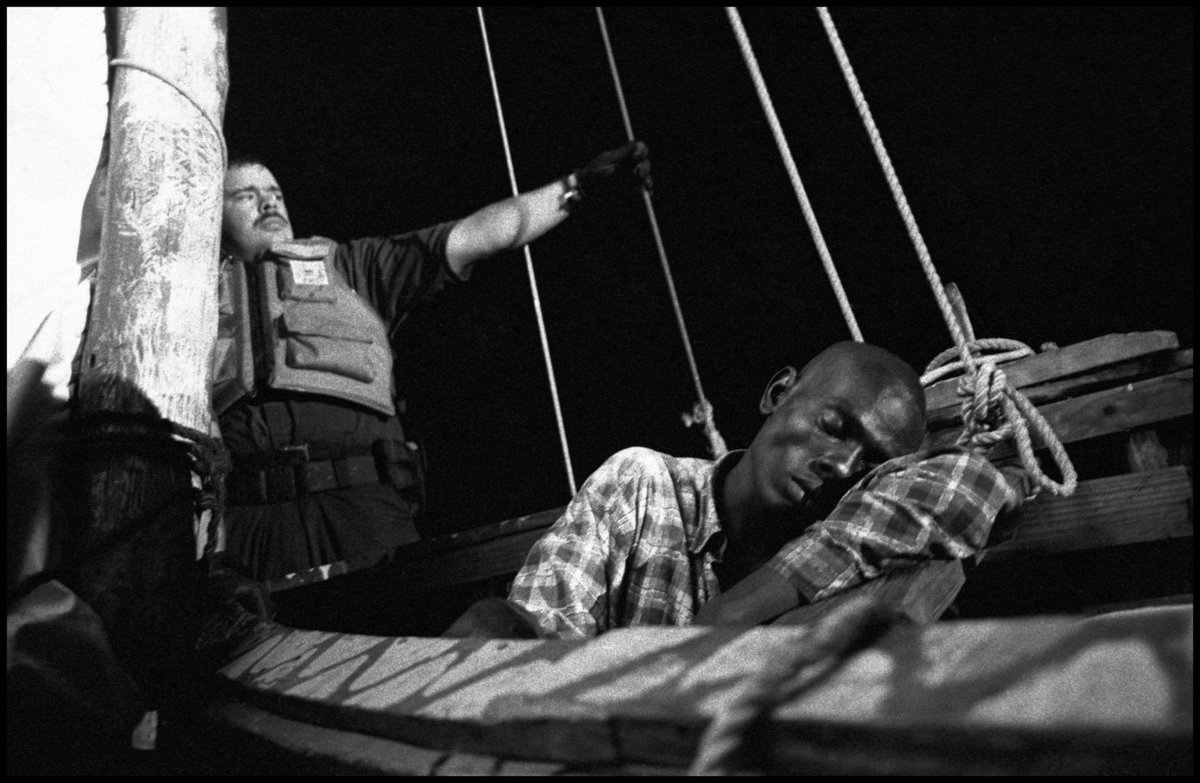Let's compare the tailoring in two film scenes. Here is Fred Astaire dancing in Broadway Melody of 1940. Pay attention to how his clothing moves with him. 🧵
https://twitter.com/DancerOnFilm/status/1749159932883255757
Here's the opening scene of Spectre. Daniel Craig is basically just walking in this scene.
Despite his more extreme movements (dancing vs walking), Astaire's tailoring moves with his body, rather than fighting against him. You can see this first with how Craig's jacket lifts off his neck when he raises his arm (collar gap). No lifting on Astaire.




Before someone suggests that Astaire's jacket collar may be pinned down, you can see it's not when he flies into the air. The jacket collar shifts up and down, but still stays glued to his neck throughout the scene. This is the result of high armholes and good tailoring.




Astaire's lapels always lay flat on his chest. Craig's lapels buckle away from his chest because his jacket is too small for him.




More of a stylistic matter, but Craig's shirt showing beneath his jacket's buttoning point ruins the visual fluidity of the suit, breaking things into distinct pieces. Astaire's high-rise pants and longer jacket achieve continuity.




Craig's jacket is too tight across the upper back. His sleeves are also too tight for his arms. As a result, the sleeveheads often have a divot. Astaire's sleeves don't have divots. They fall cleanly.




You can see the tightness towards the end of the scene. The side seams are straining on him. Whoever worked on this film tailored this suit within an inch of its life. The armholes are also quite low. 

Since the suit is so shrunken, the scene opens with a collar gap and ends with a collar gap. The suit fights against Craig's body the whole time.




IMO, a lot of tailoring in films looks bad because:
1) Brand placement deals force actors into ready-made designer suits, rather than quality bespoke suits made for their body.
2) The trend towards shrunken silhouettes in the last 20 years. Does not work for everyone.
1) Brand placement deals force actors into ready-made designer suits, rather than quality bespoke suits made for their body.
2) The trend towards shrunken silhouettes in the last 20 years. Does not work for everyone.
3) Questionable costume direction. A bespoke tailor told me that he made suits for a famous actor with a muscular build, but was told to keep taking in the seams because the costume dept wanted to show off the person's muscular figure. The result is bad from tailoring POV.
I would slim up Astaire's trousers just a tad in the original clip, but the quality of the tailoring is much better. Suit should allow for movement. At the very least, it should fall cleanly. This can be done even on muscular builds.




• • •
Missing some Tweet in this thread? You can try to
force a refresh


